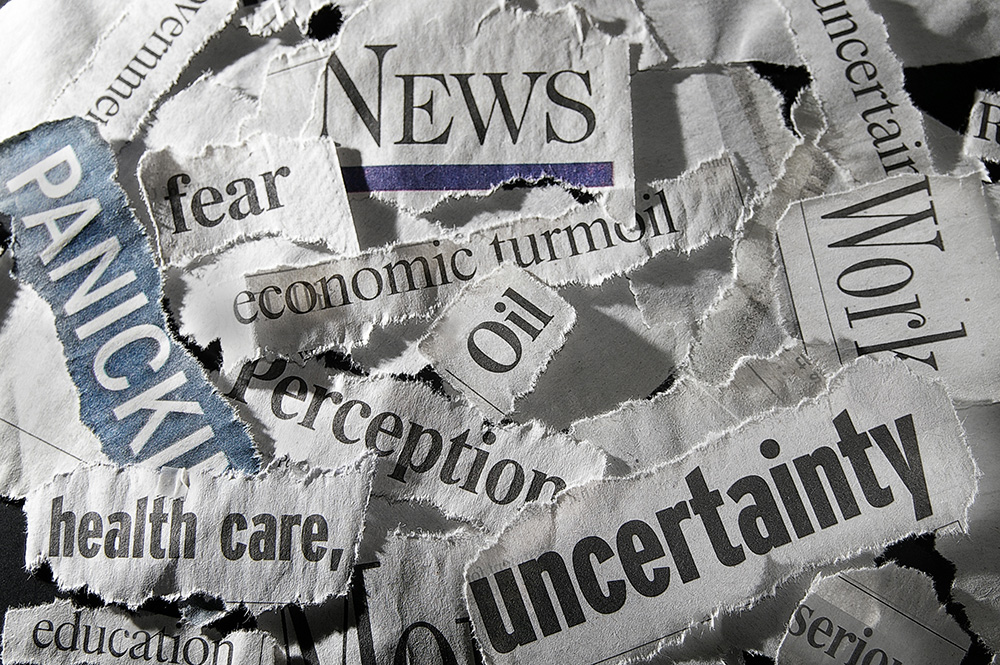
Relevant News
Two articles from The Wall Street Journal weekend edition struck me as particularly helpful to readers seeking insight into prospects for the pandemic, the economy and the investment markets.
Relative to the coronavirus pandemic and its potential effect on the economy, let the authors Louise Radnofsky and Ben Cohen speak for themselves:
There has always been a second wave in the epidemics that have interrupted American life over the past century, from influenza to AIDS, and top infectious-disease experts have been warning for weeks that history will likely repeat itself in the coronavirus pandemic…. If there is no second wave, it would break a streak of centuries.
“Second waves are inevitable in pandemics when you don’t have a vaccine,” said Carlos Del Rio, head of the global health department at Emory University.
The preconditions for containing a second wave through identifying and isolating new cases… aren’t there yet. If they’re not in place by the fall, mass gatherings are out of the question. Even if they are, mass gatherings may still be out of the question.
The first wave of the 1918 flu pandemic hit the U.S. and the world hard. It was mitigated in the summer only to come roaring back harder in the fall. “The second wave killed far more people than when the Spanish flu first swept through the world,” said Lawrence Gostin, the director of the World Health Organization’s center on global health law.
Jason Zweig in The Intelligent Investor column relates in some detail his discussion with Charlie Munger, vice chairman of Berkshire Hathaway and Warren Buffett’s longtime business partner.
Zweig relates that in 2008-09, the years of the last financial crisis, Berkshire spent tens of billions of dollars adding to its interests in a variety of companies. He asked Munger whether Berkshire would again step up to buy businesses on the same scale. Munger replied:
I would say basically we’re like the captain of a ship when the worst typhoon that’s ever happened comes. We just want to get through the typhoon, and we’d rather come out of it with a whole lot of liquidity. Nobody in America’s ever seen anything else like this. This thing is different. Everybody talks as if they know what’s going to happen, and nobody knows what’s going to happen.
Zweig asked whether another Great Depression is possible. Munger answered:
Of course we’re having a recession. The only question is how big its going to be and how long its going to last. I think we do know that this will pass. But how much damage, and how much recession, and how long it will last, nobody knows. I don’t think we’ll have a long-lasting Great Depression. I think government will be so active that we won’t have one like that. But we may have a different kind of mess. All this money-printing may start bothering us. I don’t think we know exactly what the macroeconomic consequences are going to be. I do think, sooner or later, we’ll have an economy back, which will be a moderate economy. It’s quite possible that never again-not again in a long time-will we have a level of employment again like we just lost. We may never get that back for all practical purposes. I don’t know. I don’t have the faintest idea whether the stock market is going to go lower than the old lows or whether it’s not.
Uncertainty reigns supreme, even among the most successful investors in US history.
By Thomas J. Feeney, Chief Investment Officer

